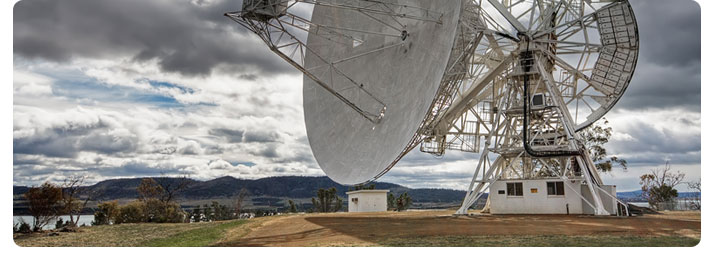Peer Review, Research Integrity, and the Governance of Science
May 21-23, 2012
Dalian, China
This workshop brings together leading researchers and science agency officials from three cultures – the United States, Europe, and China – to discuss how peer review functions within Western society today, and how Chinese institutions are developing their own models of peer review.
Peer review is central to the practice of good science. It is the dominant means for governing science over the last 75 years, with antecedents that go back for centuries. But its precise character is subject to debate. In addition, peer review today in the West is under considerable stress. New demands are being made on the peer review process, leading to its restructuring and in some cases replacement as the means for governing science.
Western societies today seek to exercise greater control over science, particularly in the case of public science agencies. This means that the standard mechanisms of 20th century peer review are being rethought. At the same time, China is poised to take on a leading role in scientific and technical research. What are the present conditions and future possibilities for peer review in China? Is it possible to have a truly global community of peers to guarantee scientific integrity and the governance of science?
This workshop will explore the relation between peer review, the promotion of innovation and integrity within scientific research, and the governance of the institutions of science. Its goal is to create an international community of theory and practice on the future of peer review and its role in science policy.
The meeting will take place over 3 days. On Day 1 participants will give brief presentations. Ensuing discussions will be structured in terms of matching the needs of science policy analysts with the theoretical agendas of researchers. Day 2 will consist of informal conversations that will take place while traveling in the region. On Day 3 presentations will resume, with discussion devoted to identifying a common research agenda for moving forward.
 |
|










